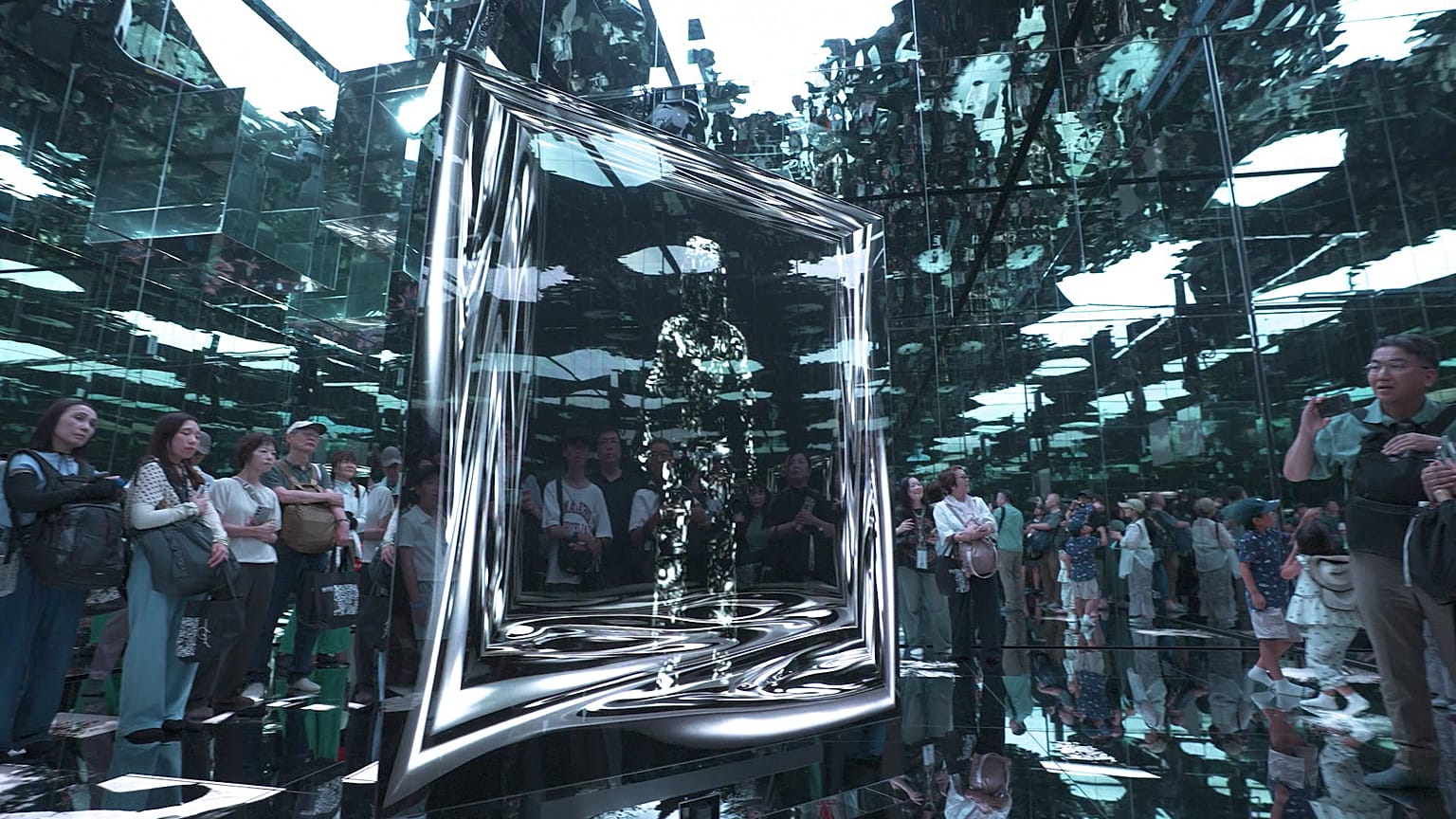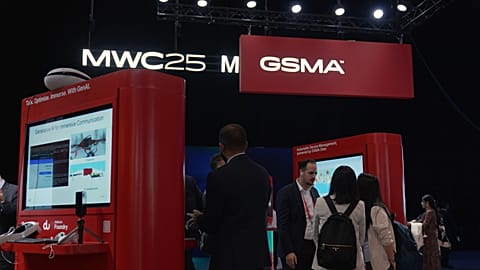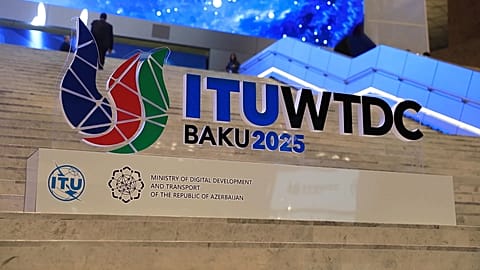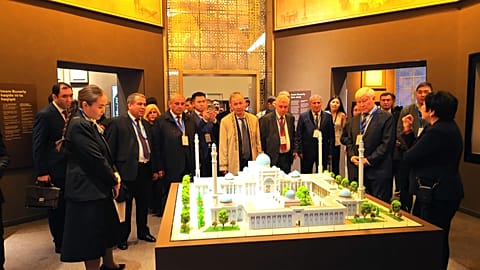At Expo 2025 Osaka, Kansai, Japan, experts explored how AI, creativity and diversity can shape the future of education and peace.
At Expo 2025 Osaka, Kansai, Japan, the Learning and Playing Theme Week explored how artificial intelligence, creativity and diversity can transform education and society.
Media artist Ochiai Yoichi, creator of the mirrored null² pavilion, opened debates on how technology is reshaping learning. Tarin Clanuwat, Research Scientist at Sakana AI, warned of AI’s limits: “When you rely only on AI, maybe you will get the wrong information. AI hallucinates all the time. Something AI creates is kind of normal, mediocre. But humans have creativity that AI cannot beat.”
Musician, mathematician,and champion of STEAM education Nakajima Sachiko is the Thematic Project Producer behind the Playground of Life: Jellyfish Pavilion. She sees AI as an ally: “I am not afraid at all because for me, AI is like a friend. We have to learn how to co-live together with AI.” She also stressed that Expo 2025 is about inclusion: “Everyone is different and we believe that everyone is a minority. so actually so we have some kind of unique characteristics. We like to treasure those kind of diversified personalities or characteristics of everyone.”
Cinema was presented as another tool for social connection. Chilean filmmaker Maite Alberdi said films help “break the pre-judge,” especially around ageing, by telling unique, personal stories.
The focus then shifted to peace. Izumi Nakamitsu, UN Under Secretary General and High Representative for Disarmament Affairs, warned prejudice is “a silent architect of conflict” and urged youth to take part in shaping a peaceful future.
On Hiroshima Peace Memorial Day, children delivered the Peace Communication Declaration, reinforcing Expo 2025’s call for creativity and diversity to build bridges in a divided world.



















